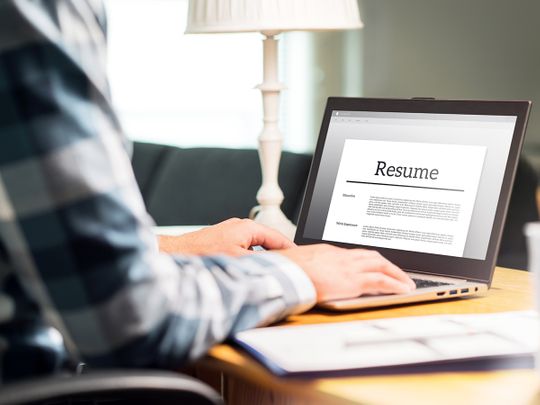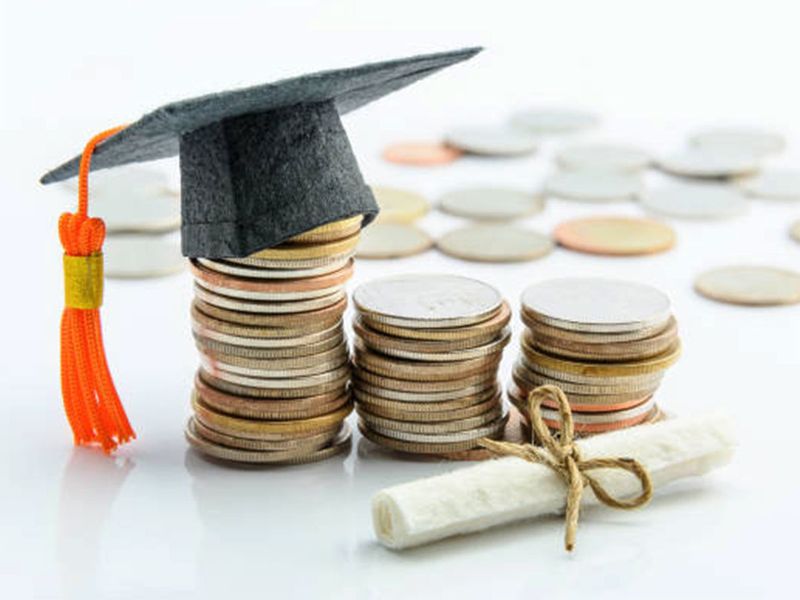
In 2023, nearly 170,000 tech layoffs were seen globally, with 118,000 jobs lost in the US alone, according to Crunchbase News, a business publication, and tracking site Layoffs.fyi. That’s in addition to two major bank collapses in the US and Switzerland's Credit Suisse sought a government lifeline - all in the space of 10 days. The class of 2023 will graduate into this global economic upheaval while facing another variable: student loan payments.
This can be an overwhelming and confusing time for those set to begin repayment of student debt, says Barry Coleman, vice president of program management and education at a US-based foundation for credit counseling. But new grads don’t need to panic.
Here’s how they can weather a potential global recession and the financial uncertainty that might come with it.
Have a plan for your student loans, no matter the global economy
Understanding your student debt is one of the best strategies to stay on top of your loans, regardless of how the global economy is performing, says Betsy Mayotte, founder of US-based The Institute of Student Loan Advisors.
Globally, there is typically a six-month grace period observed after graduation before you’re required to make your first student loan payment. Before this first payment is due, gather details like the types of loans you have and who holds them, advises Mayotte.
Then, know your expected income, your expenses and how your student loan payments will fit into your budget, says Coleman. This will limit any surprises once repayment begins.

If you have a job, pay off student debt faster
If you land a job, you have more flexibility. A steady income gives you the opportunity to explore putting more money toward your student loan debt — if you’re already contributing to your retirement and emergency savings.
For borrowers who have the capacity to make more than the minimum payment on their student loan, this is the chance to get rid of student debt as quickly as possible, notes Coleman, while saving as much money as they can on interest. And don’t overlook your employer.
If you don’t have a job, know your options to stay current
Graduating without a job offer can be terrifying, especially if the world economy is expecting a downturn. But with low or no income, you can take steps to stay on top of your student debt, even in a global recession.
Start with your loan servicer, the company that manages your loans. Let them know as early as possible that you’re not employed, says Coleman. Ask what your options are to avoid delinquency — which is missing a student loan payment.
There are many repayment options for student loan borrowers, says Moyette. You can lower your paymentswith an income-driven repayment plan, or temporarily stop payments through student loan deferment.
Just note that interest can still accrue while in deferment, and this increases your total student loan balance. Once you land a job and you’re in a position to repay your student loan, do so as soon as possible so you’re not facing a significantly larger debt down the road, advises Coleman.
However the economy unfolds, new grads can create a strong plan for their student loans that will serve them both in tough and robust economic times.





_resources1_16a4a1613d8_small.jpg)






